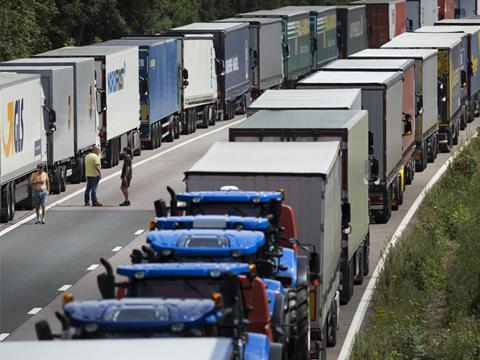
FDF director general Ian Wright didn’t hold back when he was quizzed by MPs on the impact of Brexit on the food and drink industry this morning. Failure to secure a post-Brexit free-trade agreement with the EU would be “catastrophic” for UK industry, he told the Business, Energy and Industrial Strategy Committee, while dismissing PM Theresa May’s oft-repeated mantra that “no deal is better than a bad deal” as “vacuous tosh”.
He wasn’t alone in his insistence that the UK government must do its utmost to secure a deal with the EU – JD Wetherspoon chairman Tim Martin was the only witness in front of the committee today who celebrated the prospect of a no-deal Brexit.
Andrew Kuyk, director general of the Provision Trade Federation, pointed out that the food and drink industry would be uniquely hit by a return to WTO rules because of the high tariffs imposed. While tariffs for industrial goods are in the single figures, tariffs on meat and dairy products range from 40% to over 100%.
A hard border between the UK and the EU would also lead to additional costs in the form of customs controls. According to Diageo corporate relations director Dan Mobley, if the trucks that transport its Guinness and Baileys from Ireland to the UK were left waiting at the border for an extra 15 minutes, it would cost the company an extra £1.3m a year.
That’s not an unmanageable amount for a business that turns over £18bn, but it might prove a serious problem for smaller suppliers, he warned.
Border delays could also have a big impact on the efficiency of food supply chains, many of which operate on a ‘just in time’ basis. We wouldn’t see food shortages in the UK, Wright said, but shoppers would see choice and availability hit.
If you combine the impact of the exchange rate, tariffs and the cost of extra border checks, food prices in the UK would rise by anything between 7%-15%, the Committee heard. Unless, like Martin suggested, the UK just does away with tariffs altogether and offers completely free trade to the whole world – something most British food manufacturers would likely be opposed to.
Future access to EU labour and regulatory convergence were also raised as important issues for the industry as the government enters into phase two of Brexit talks. But the biggest concern in the immediate future, the committee heard, is for the government to give more details on what the post-Brexit transitional period might look like.
As Kuyk pointed out, food businesses need to plan fairly far ahead – both in terms of investment and procurement. Any business planning to put a new line in its factory would have to make a good business case based on demand, which would involve assumptions around price and raw materials. In this uncertain climate, it would be very hard to make such a case, he warned.
The FDF put it even more strongly in its written evidence to the committee ahead of the hearing, which said it was “aware that some food and drink companies are preparing to make serious decisions at the start of 2018 that could have detrimental consequences for jobs and investment in the UK”.
If the UK wants to take advantage of the opportunities that could arise after Brexit – such as the possibility to reduce reliance on imported food – investment to boost our processing capacity is absolutely crucial. Otherwise, we could be left in a situation where we are still reliant on huge amounts of imported food, which would become more expensive overnight in the worst case ‘no deal’ scenario.
So let’s just hope the BEIS committee has some influence on the government and can convince it to see both a free-trade deal and a “free and frictionless” transition period as big priorities for Britain.








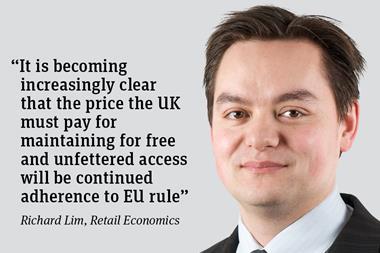
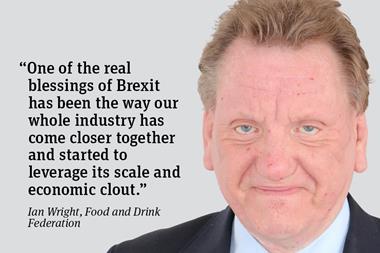

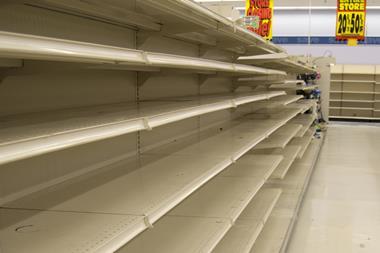
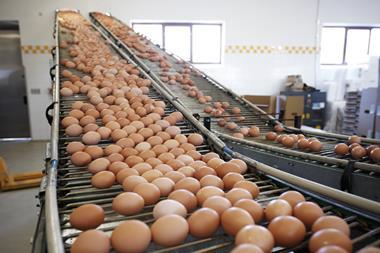






No comments yet